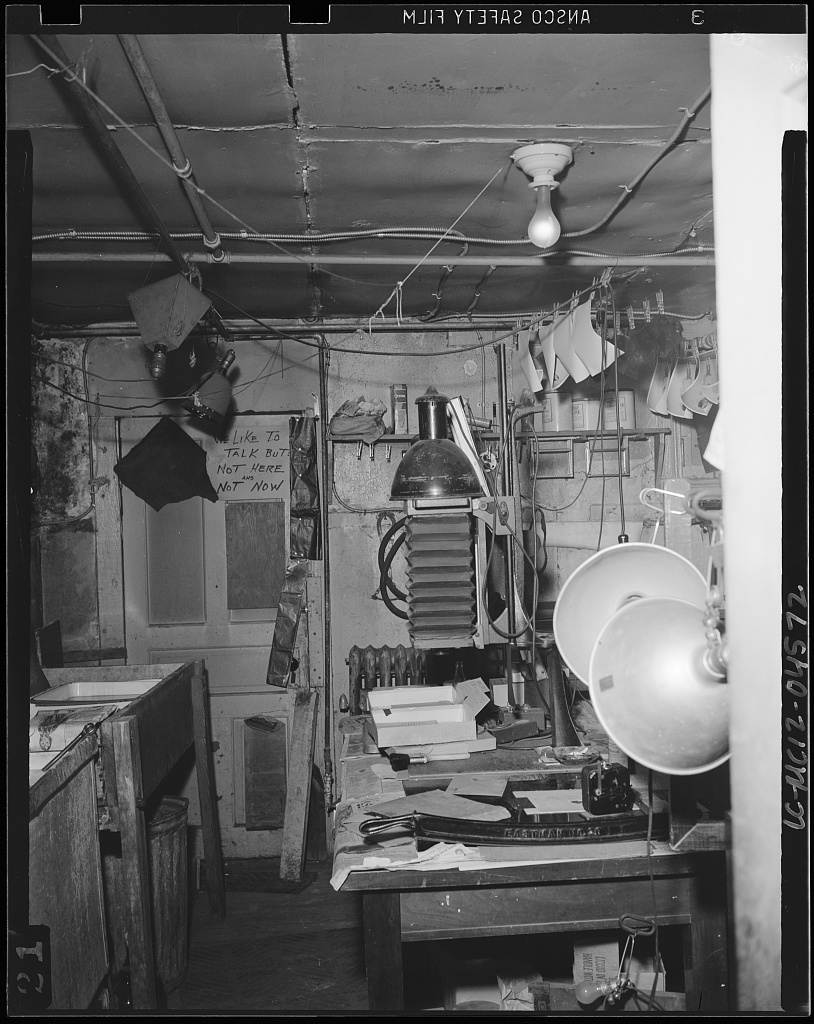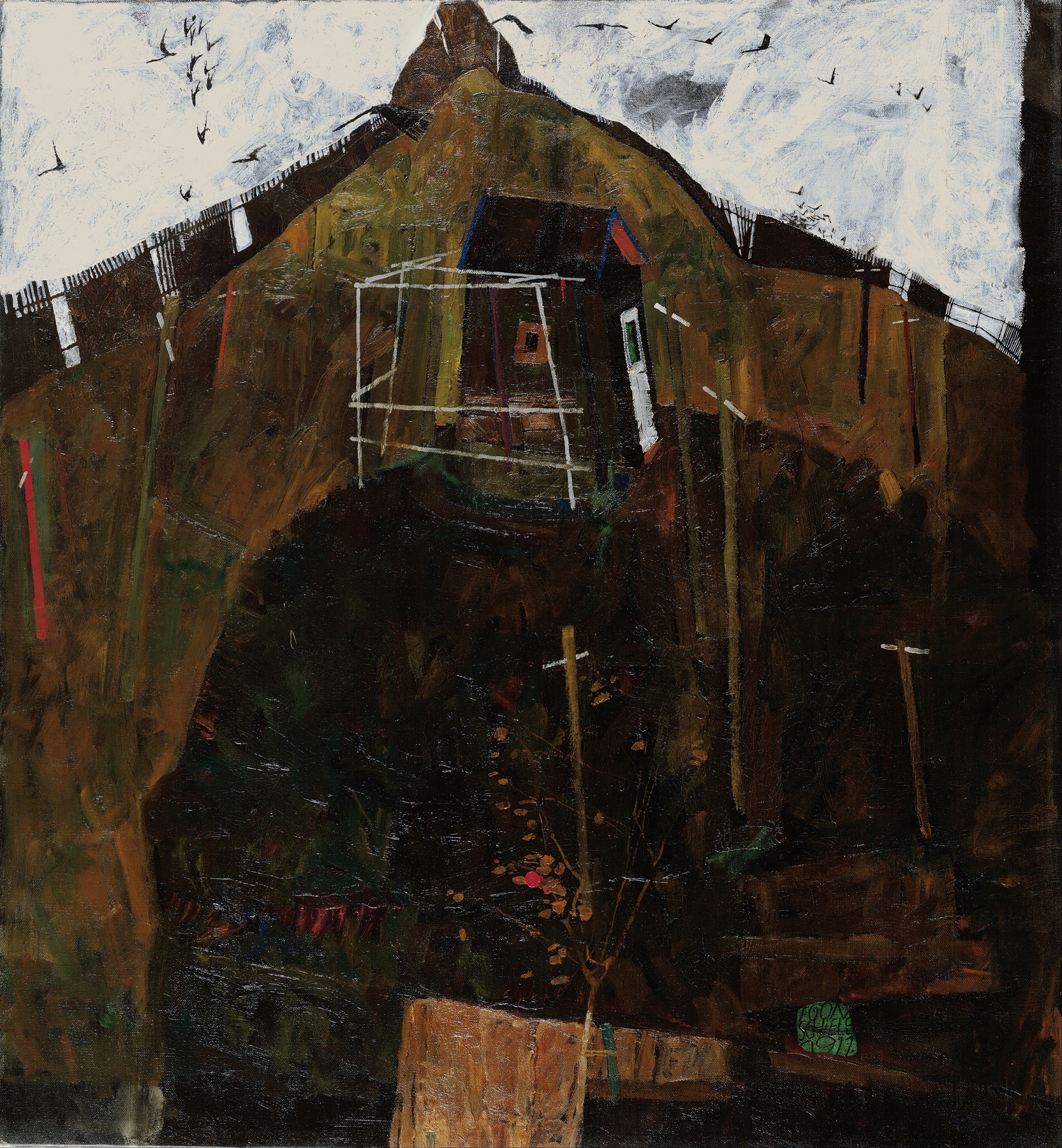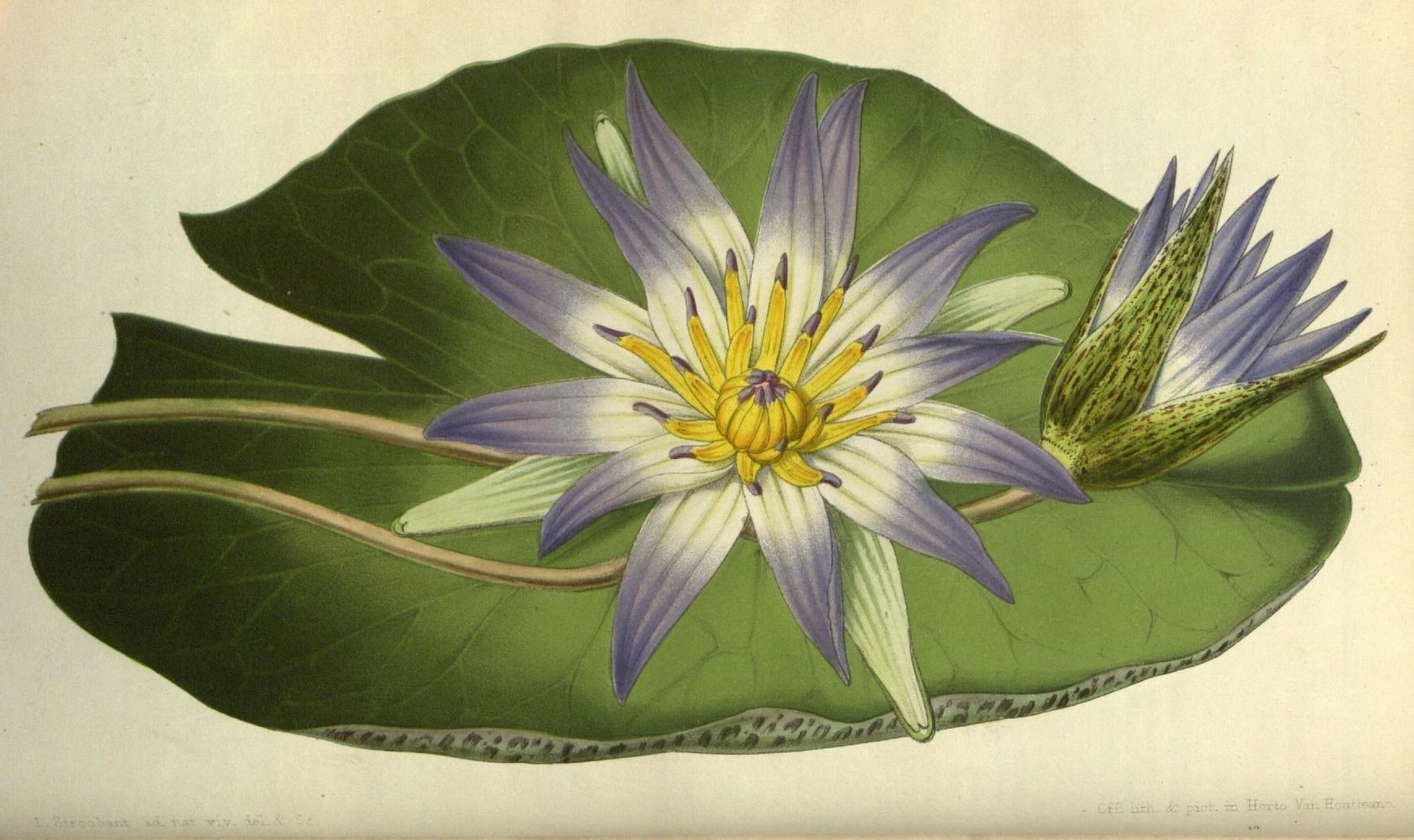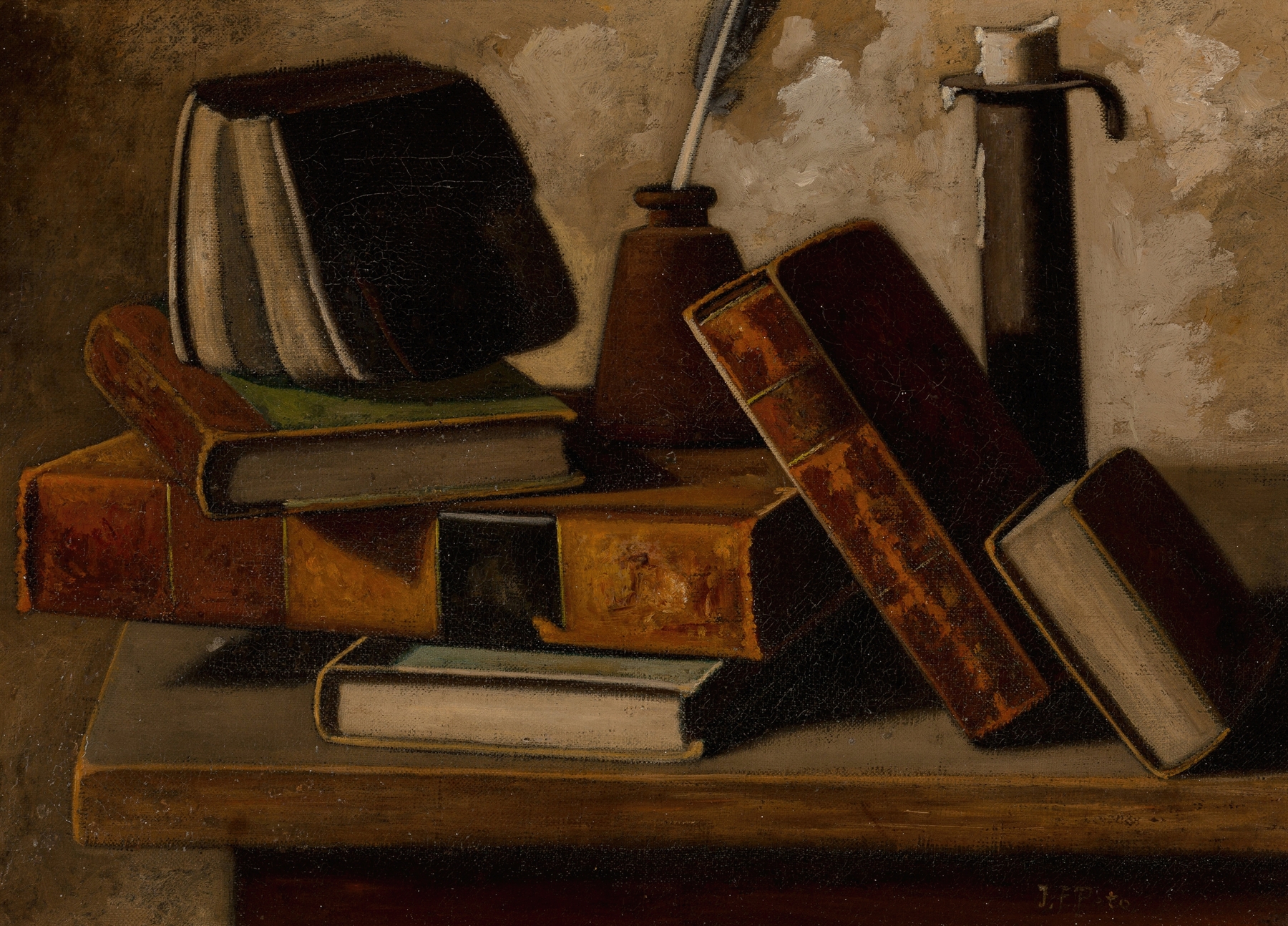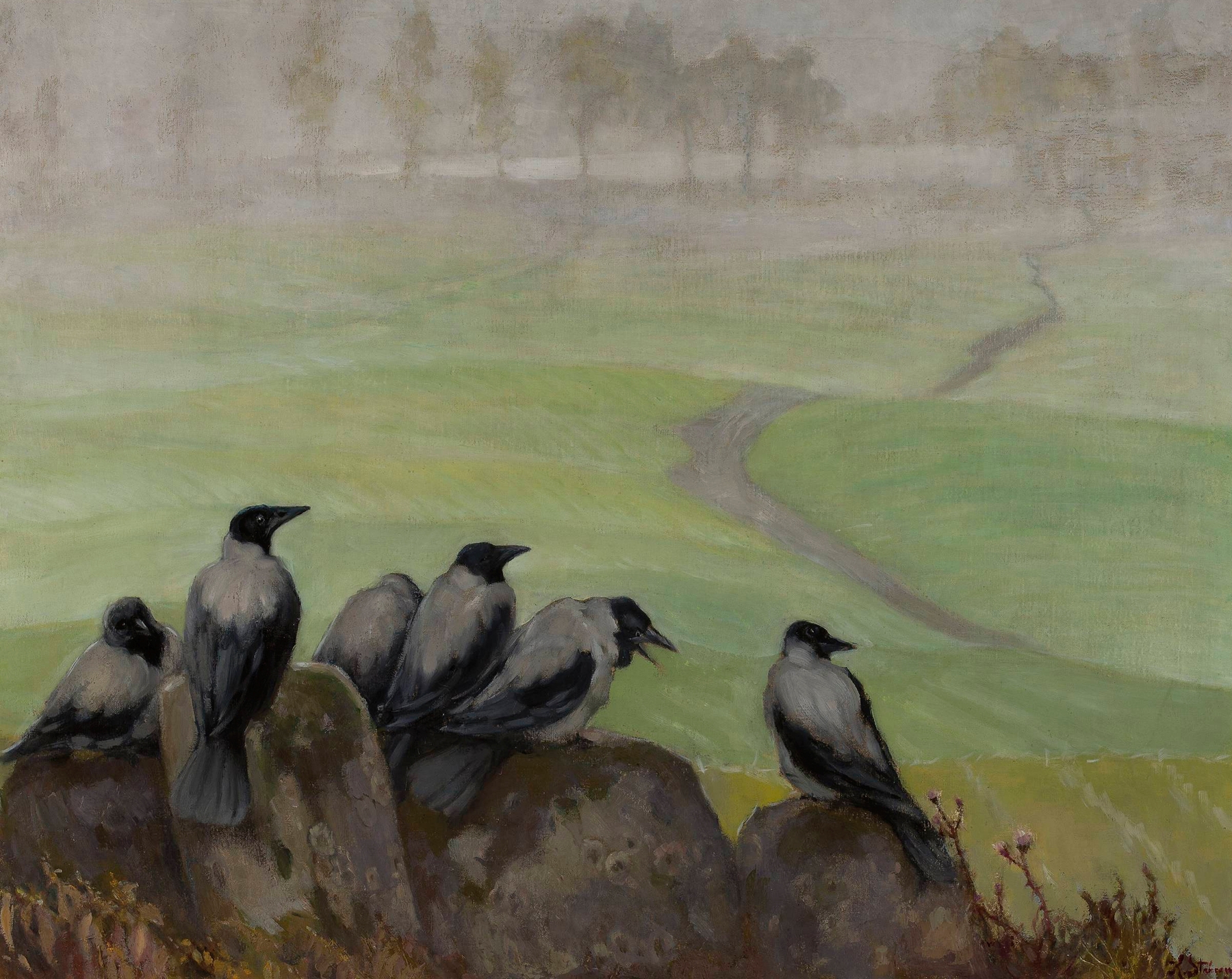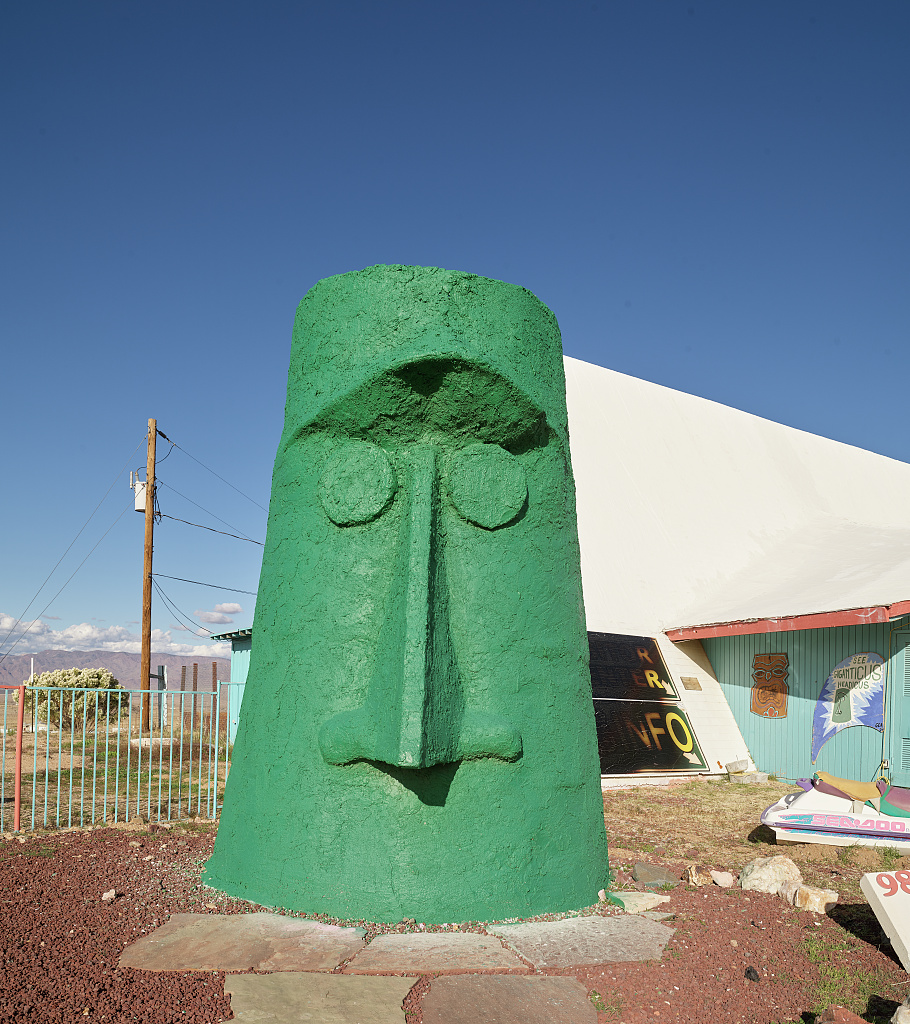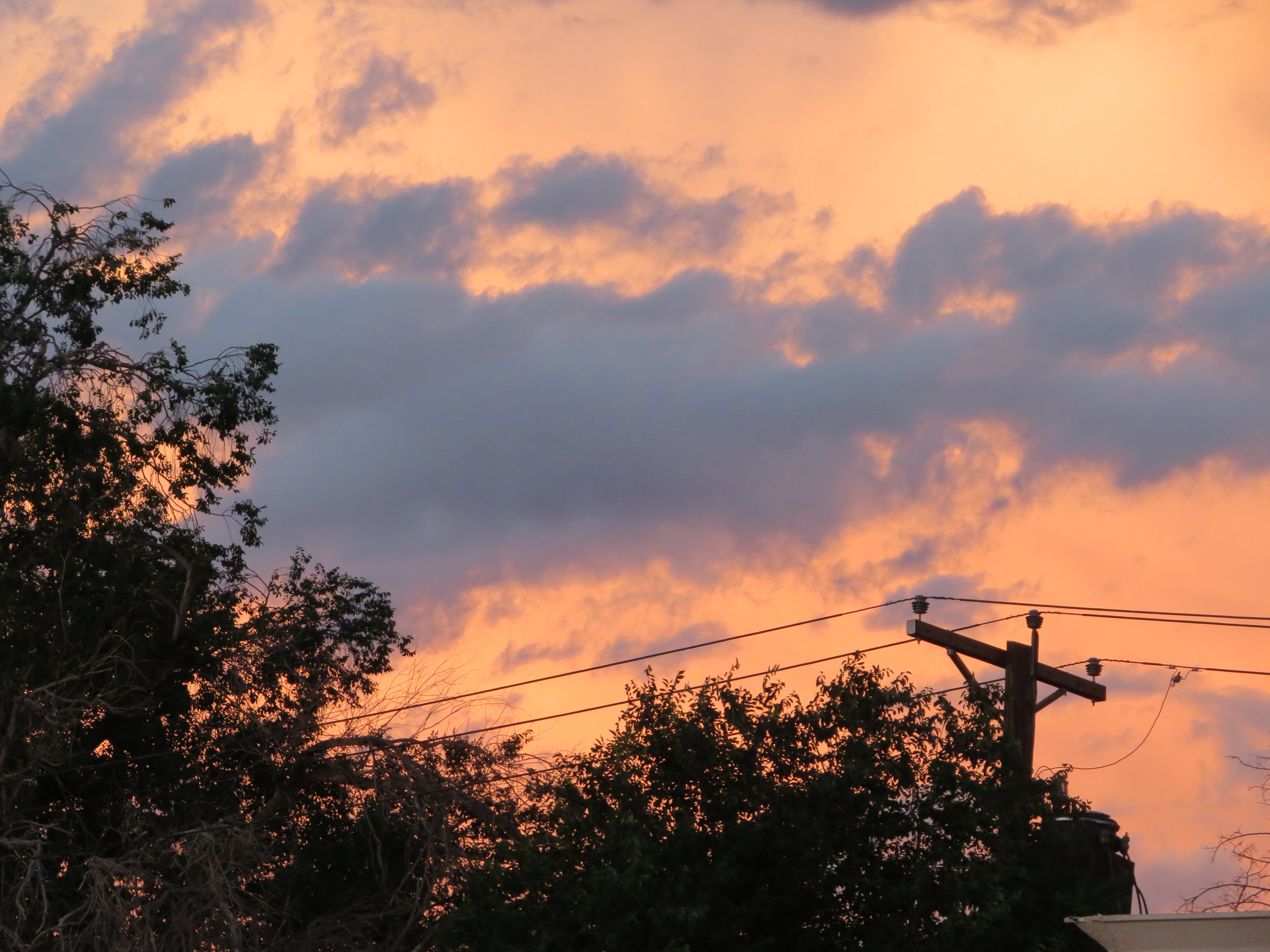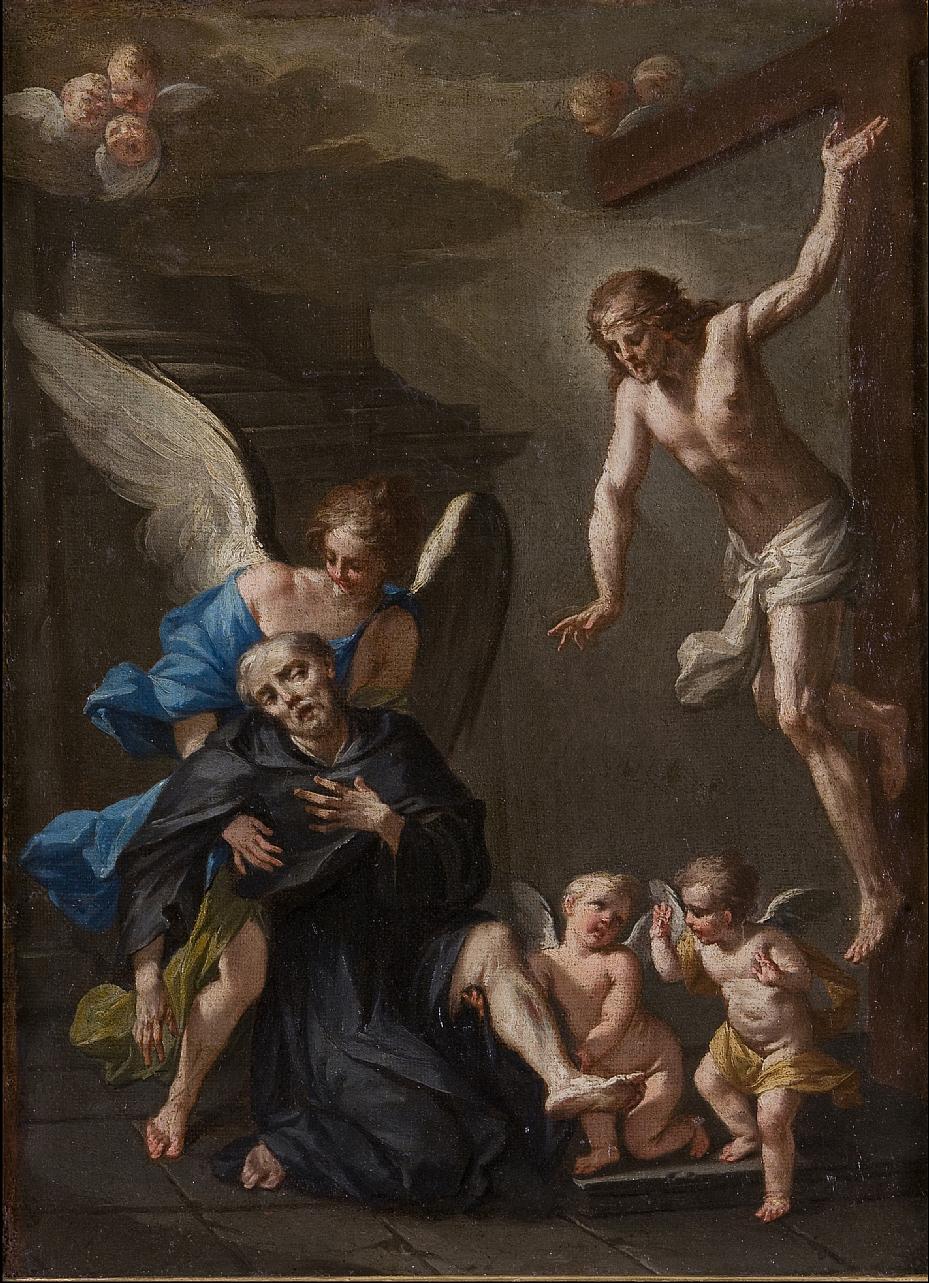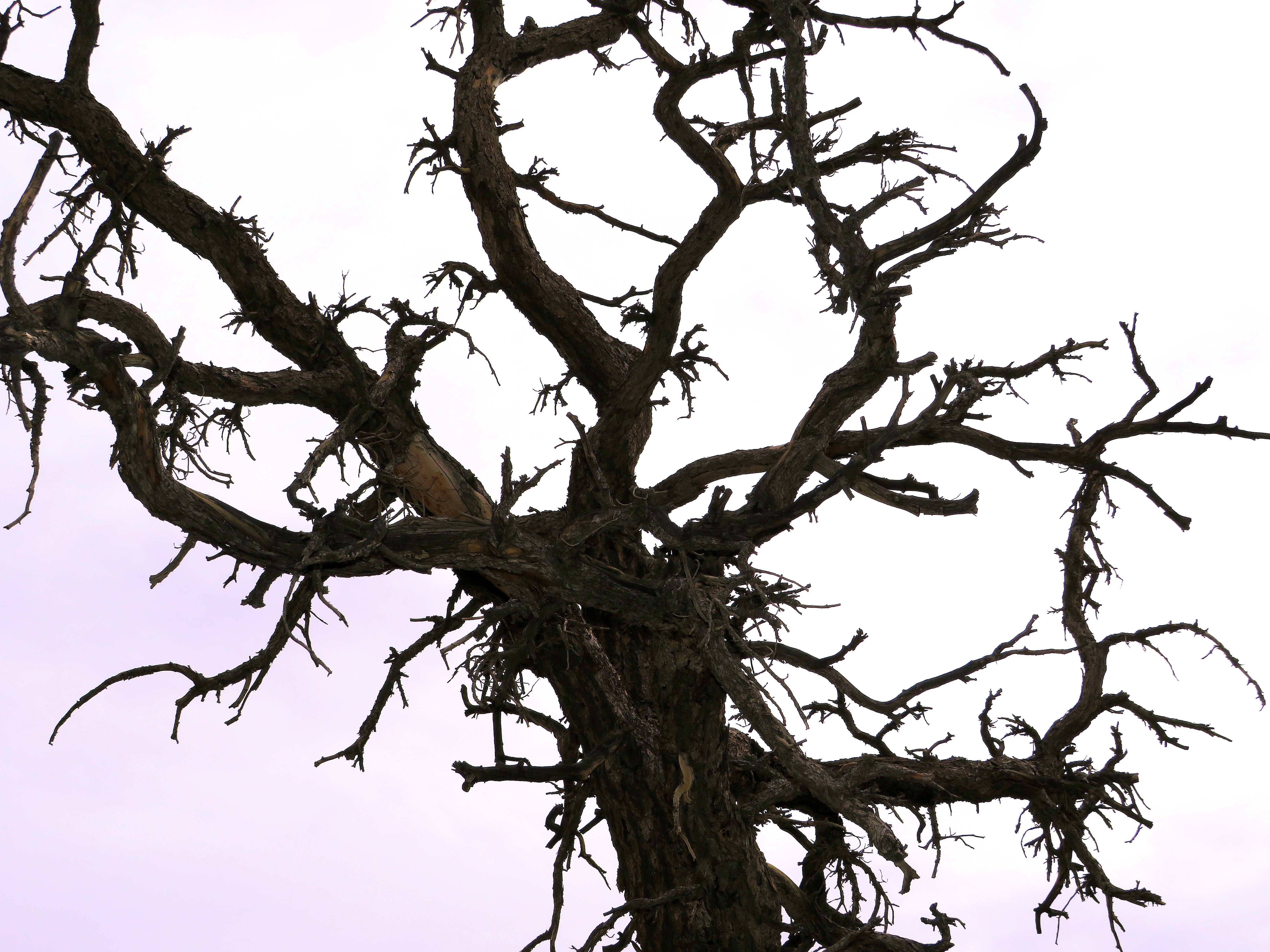
Concerning the Current Drift of Words
A note to say I agree that your work has much improved.
I really enjoy reading it a lot more now. As for me,
you know, I can’t help but write when the words come.
If I don’t, they will just drift right on away from me.
I can’t say, “I will see you later!” and do something else,
because the words that were there will surely move on.
There’s the sweet refrain of “Come and see me sometime!”
Or “Y’all come back again, you hear!” in so many songs.
And then the bridge over troubled water where a chord
may be added or the tone changes and hope returns anew.
The friend may or may not return, except in memory.
The circle may bend and be unbroken, and there are spirals, too.
Of course, a road may fork and paths may almost equally divide.
If you want to see the forest through the trees, take to the trees.
Take a full measure of the trees, they say. Return to the roots,
and look closely at the leaves. Don’t forget the bark, its touch
and feel, the smell and taste of wood, and even the sound it makes
or doesn’t make. Use all your senses. I can’t help myself. I digress.
Do you get my drift? If this sounds like a poem, it is. Stop, now.
See how the light gets in? Just look back up through the canopy.
About the Author: Geraldine Cannon is a poet, scholar, and editor, also working as a Professor of English and Creative Writing at the University of Maine at Fort Kent, under her married name–Becker. She has been published in various journals and anthologies. She published Glad Wilderness (Plain View Press, 2008).. She has been helping others publish, and had stopped sending her own material out, but she was encouraged to do so again, and most recently has a new poem in the Winter issue, Gate of Dawn (Monroe House Press, 2024).
Image Credit: Chase Dimock “Dead Tree” (2021)
